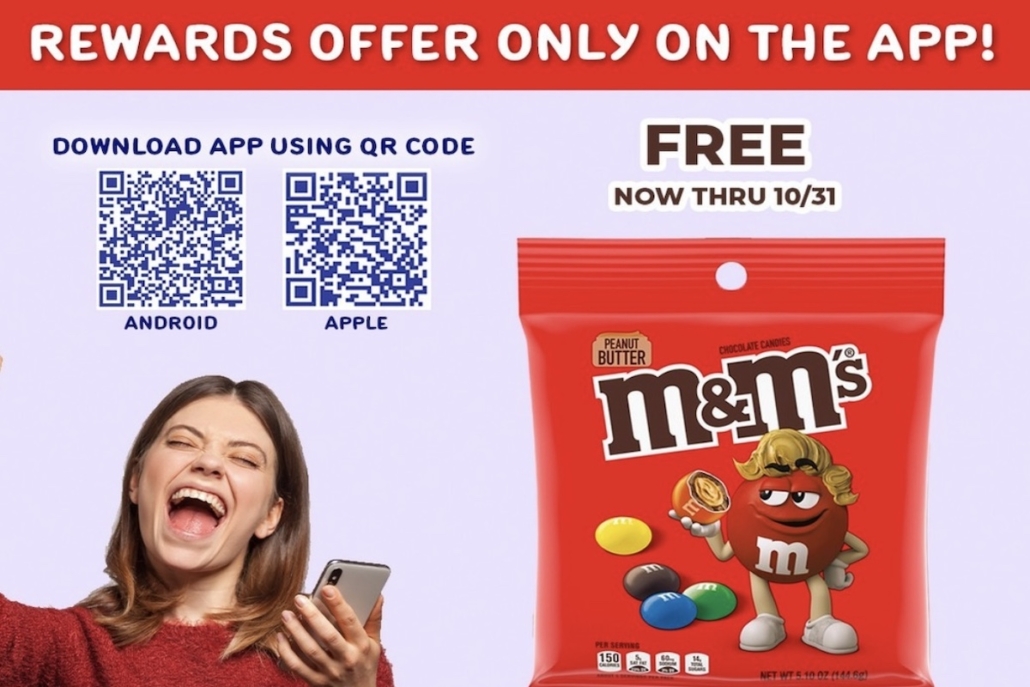Creating Brand Loyalty with Social Media
Today’s consumers seek more than just attractive deals; they want to support authentic and trustworthy brands. Consistent, exceptional customer care experiences are a key way to establish this trust, which brands can reap the benefits of. But how do you retain your hard-earned customer base over the long term? This article will explore how social media is a powerful tool for creating brand loyalty, along with a few examples of successful brand strategies to get you started.
What is Brand Loyalty?
First and foremost, brand loyalty refers to a customer’s commitment or attachment to a particular brand or company’s products or services. It goes beyond purchasing behavior; it involves a strong preference for a certain brand and a willingness to choose that brand over others with similar offerings repeatedly. In a crowded marketplace with countless products and services vying for attention, brand loyalty is key to securing your customers’ commitment. Below are brand loyalty strategies to consider implementing for greater reach!

Deliver Stellar Customer Care
Exceptional customer service demonstrates that a brand places its customers at the center of its operations. Customers who feel cared about and valued are likelier to be loyal, so brands should utilize social media as a tool for building and managing their community in a public-facing, authentic way. For instance, brands should monitor customer service inquiries on all social media accounts and respond promptly, regardless if the inquiry is positive or negative. Acknowledging feedback will not only enhance that particular customer’s experience but will also demonstrate to the entire online community that your brand takes their feelings seriously. Further, a customer care agency can be of use to ensure that no inquiry slips through the cracks. By engaging with customers on social media, brands can establish trust with a wide audience, leading to brand loyalty.

Utilize Word-of-Mouth
Digital word-of-mouth recommendations include praise on social media, user-generated content, and product or service reviews. The strong influence of word-of-mouth recommendations can be attributed to the perceived credibility and unbiased opinion that it offers to customers, in contrast with traditional advertising or promotional messages that often attempt to force a connection. With user-generated content (UGC), customers voluntarily share their experiences with a brand; leveraging the influence and credibility of satisfied customers to promote your brand is essential. Additionally, a negative review on social media can be advantageous when wholeheartedly addressed, which shows other consumers that you care. From posting customer reviews on your Instagram story, reposting a user’s praise, or commenting on a consumer’s post, there are many ways to engage in digital conversation.

Establish a Brand Voice
As mentioned earlier, brand loyalty can be attributed to a consumer’s emotional or personal attachment to a brand. Establishing this emotional connection comes with greater ease when the consumer feels like they are speaking to a real person behind the screen rather than a robotic, emotionless entity on behalf of a brand. So, finding your brand voice is a great way to give your brand a more personable and approachable feel. For example, if your brand exudes a light-hearted aura, sharing witty statements or memes on social media can demonstrate a consistent tone that aligns with your core values, which customers will recognize and respect. By humanizing your brand, emotional connections based on feelings of relatability and support can be established with customers, thus fostering a sense of trust and loyalty. Here are a few successful brand loyalty strategy examples to get you started.

The Golden Girls
The 1985 sitcom recently tapped into its audience’s emotional needs by creating a book titled “Quit Being an Idiot” that consists of all the best life lessons from the Golden Girls. The release was announced on Instagram; the brand leveraged this platform by presenting a unique offering directly to its existing fan base, demonstrating its effort to appeal to consumers’ interests and highlight the show’s most iconic moments in a tangible, exclusive format.
Galaxy Theatres
This movie theatre chain offers an in-app loyalty program exclusive to Galaxy Rewards Members. The membership includes unique offerings and discounts at no cost that appeal to the desires of movie-goers, such as a free candy at your next visit to Galaxy Theatres. Going beyond occasional discounts, this rewards program boosts loyalty by giving consumers an incentive to choose the brand over its competitors and a reason to stick around to earn more special offers.

BigStub
The ticket vendor BigStub uses its social media platforms to foster an online community of like-minded users with interests such as live events, sports, music, and entertainment. BigStub’s consistent and conversational tone can be seen in the caption of every post, which often prompts its audience to participate in the conversation via the comments section. The approachable tone of BigStub helps to foster brand loyalty through emotional connections based on shared interests.
In conclusion, brands can cultivate brand loyalty by appealing to customers’ ever-changing interests and desires. In today’s world, there is a large emphasis on the trustworthiness and credibility of product and service providers. By strategically using social media or working with a customer care agency, brands can highlight these sought-after traits, strengthen customer relationships from purchase to loyalty, expand reach, and ensure long-term success in the digital age.





